On the Frontlines of Red Panda Conservation and Gender Equality
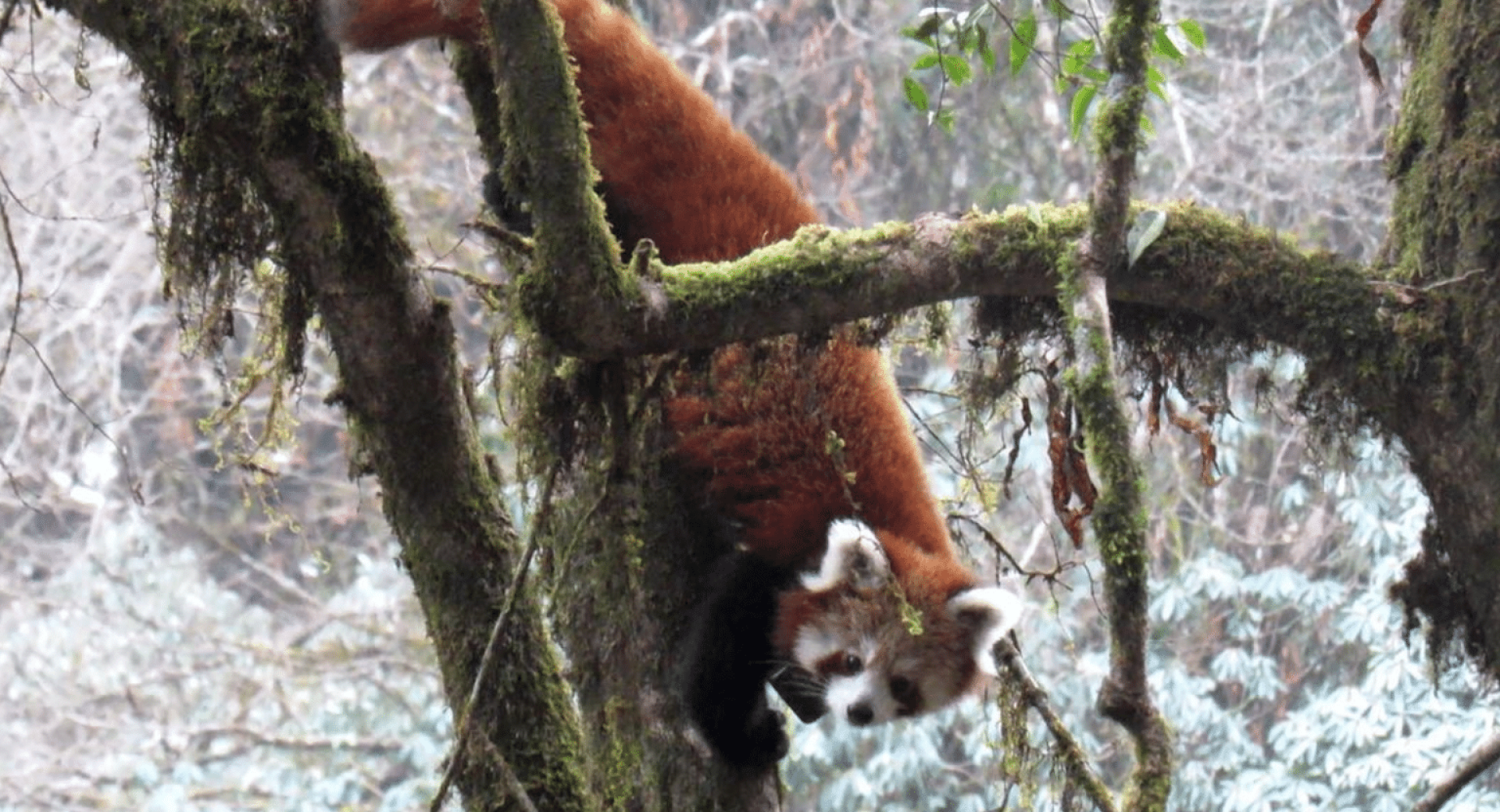
On International Women’s Day 2022, we’re breaking the bias to create a more inclusive and sustainable world for women in red panda range communities!
The involvement of local women in red panda conservation is of paramount importance.
Unfortunately, for women in rural Nepal, opportunities are scarce. Their lives are often limited to child-rearing and household chores, which includes significant time in the forest collecting firewood, fuel and fodder for their family. Women are also often not involved in family or community decision-making.
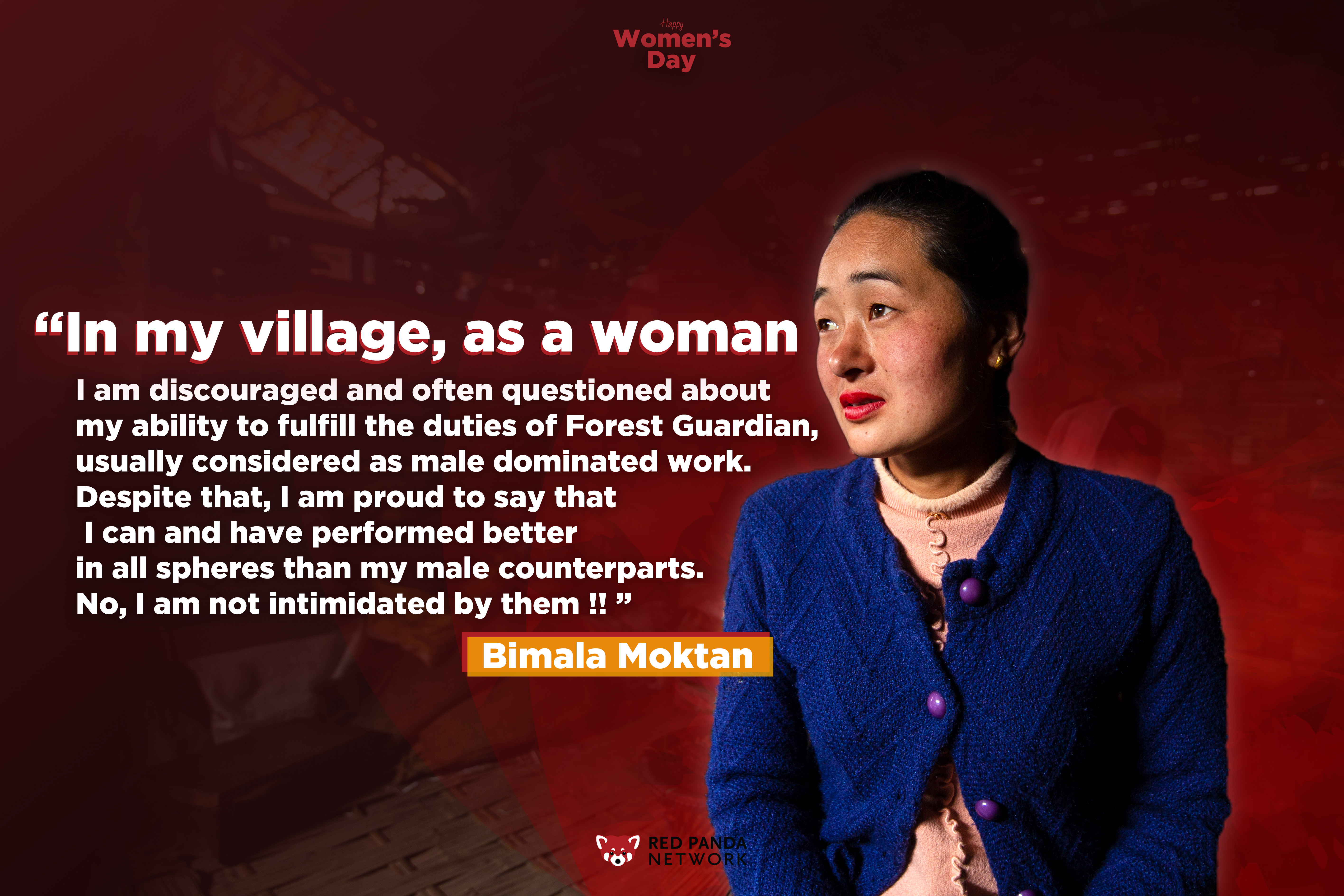
This International Women’s Day (IWD) 2022, we’re highlighting our efforts to break the bias for women living in red panda range. From Forest Guardians to sustainable agriculture (even mushroom farming), these conservation interventions foster capacity-building, sustainable livelihoods and financial freedom for women in Nepal.
We’ll start with the Forest Guardian (FGs) program.
Last year, Red Panda Network (RPN) launched the Economic Empowerment for Women campaign in March of 2021 in celebration of IWD 2021 and Women’s History Month. Thanks to our supporters – led by a fantastic team of monthly donors we call Panda Guardians – we have been able to recruit six new FGs in eastern and western Nepal!
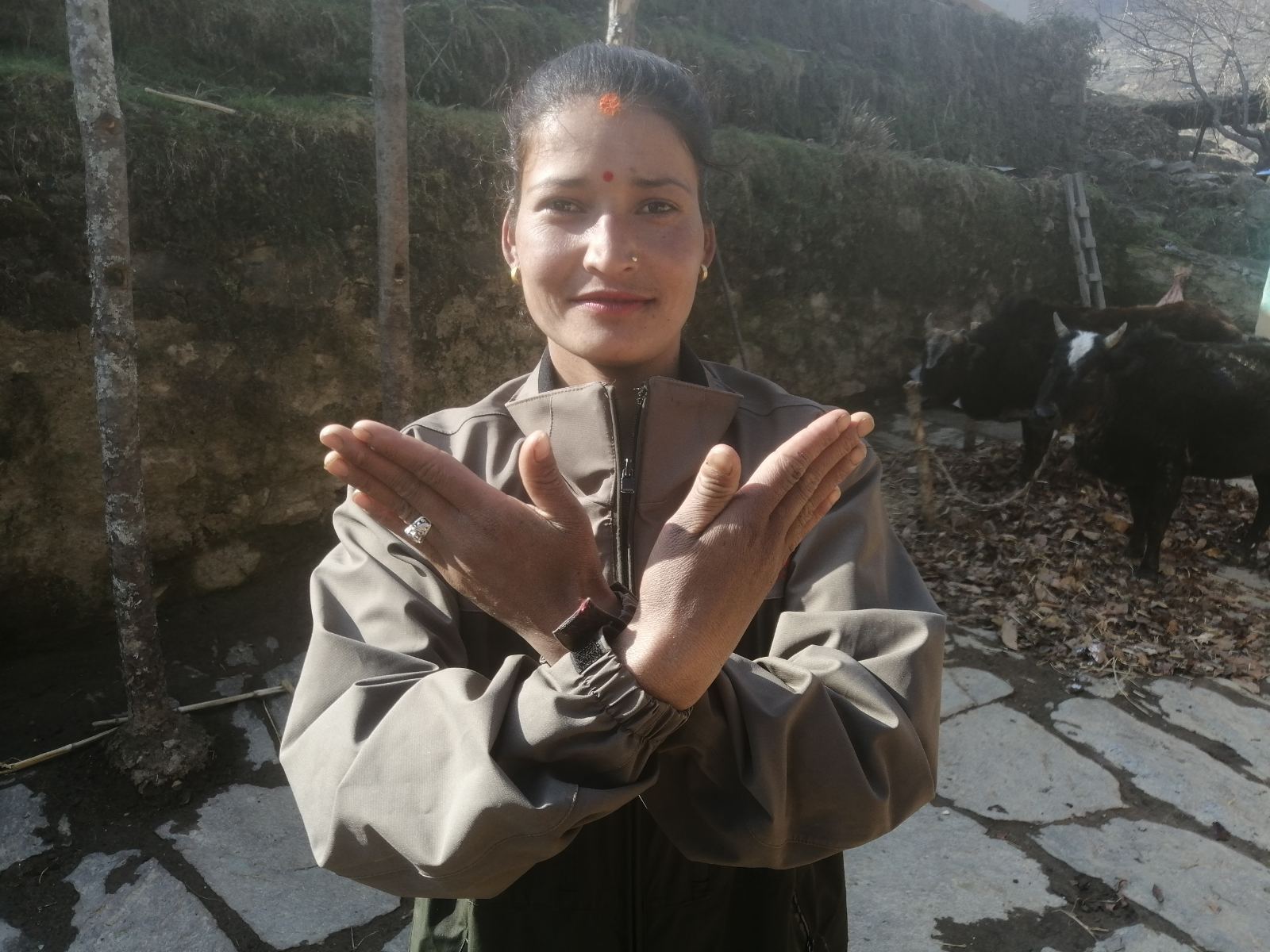
Shanti Malla is one of our newest Forest Guardians in Nepal.
A short film featuring FG Shanti Malla: a pioneer for women in red panda conservation
FGs are local people we hire to monitor and protect red panda habitat. There are young and single mothers on the team who are challenged with navigating motherhood while being on the frontlines of conservation and gender equality – and all of the adversity found there.
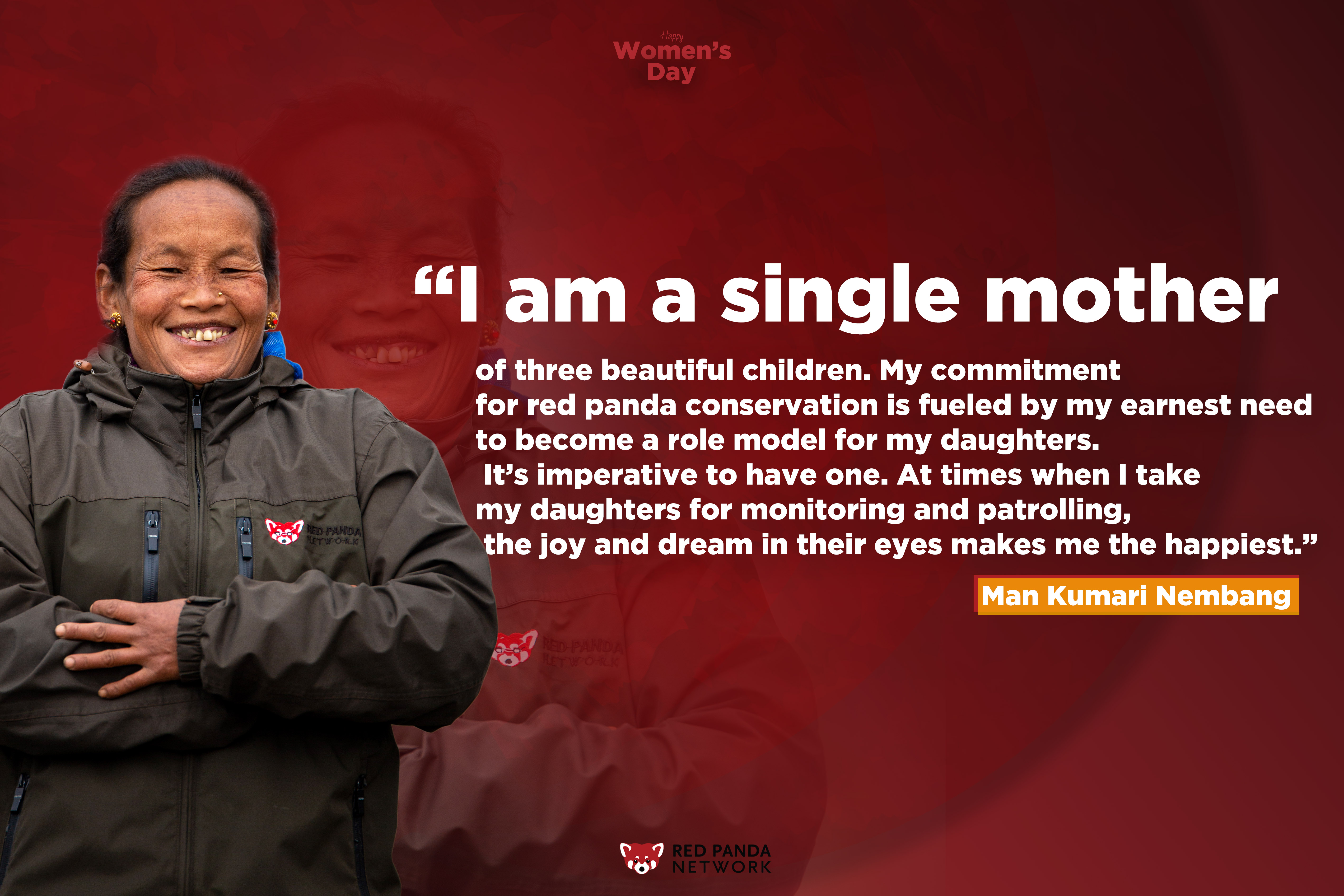
Through year-round trainings and support, FGs are able to develop skills that make them efficient professionals in red panda conservation. We are committed to continuing to recruit more women and supporting them in not only disrupting social biases and stereotypes but also blazing a trail for future female conservationists.
Bimala Moktan shares some of her experience: “As a Forest Guardian, my responsibilities revolve around monitoring red panda habitats, educating local communities on conservation, patrolling to stop poaching, checking for signs of forest fire, and restoring conservation ponds. This is the conservation work I’ve always dreamt of doing.”
Now Nettle Fiber Extraction.
This is an example of an initiative that helps local people in Nepal earn income while supporting red panda and forest conservation. Himalayan Nettle (Girardinia diversifolia) is a high-value plant that can be used to prepare woven products including clothes, bags and blankets.
The technique used for harvesting nettle is sustainable. The stems are cut only after they are fully matured. The seeds will have fallen off by then so next year a new plant grows on the same place. Fiber can be harvested only once a year.
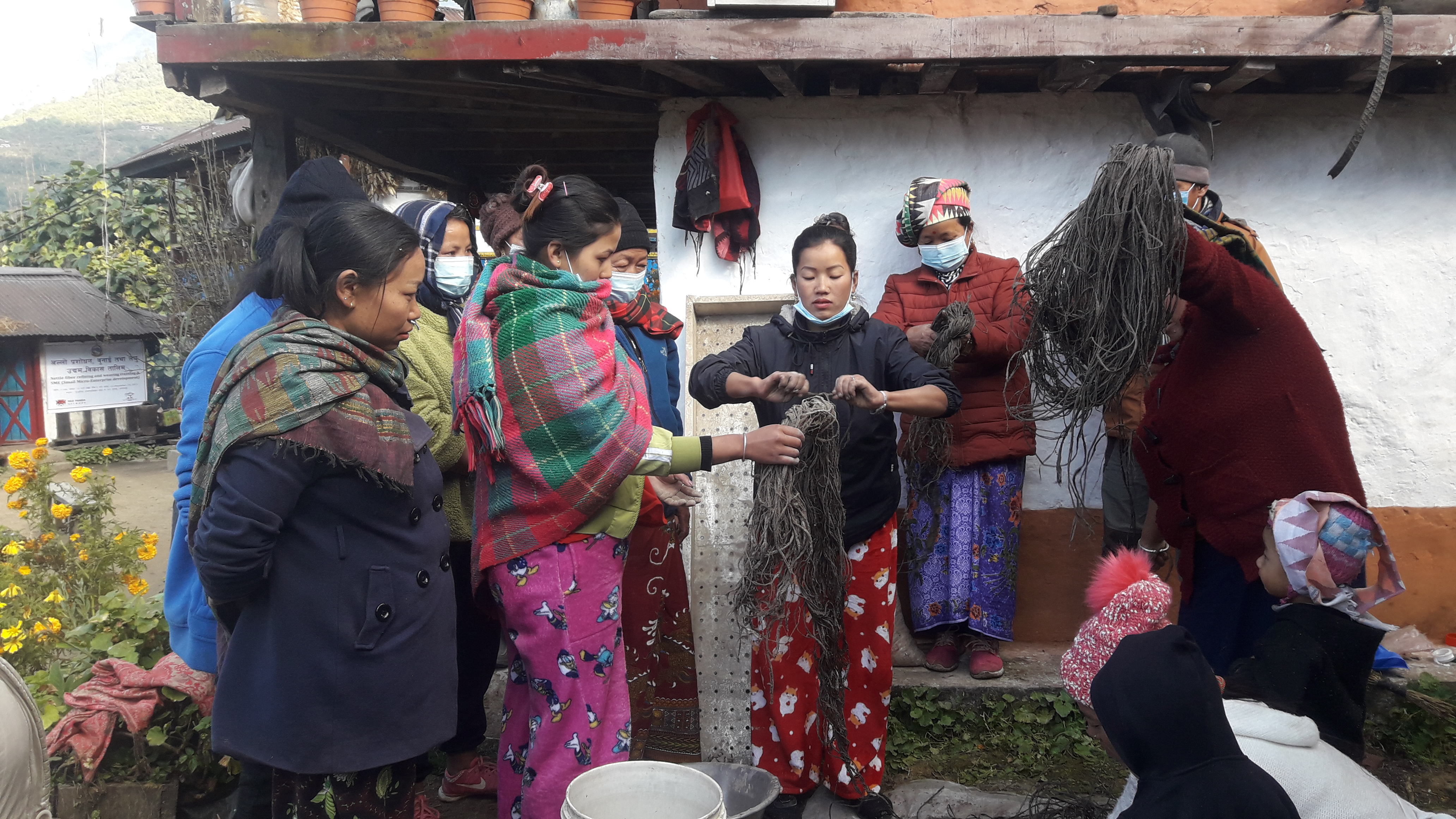 Nettle fiber extraction training in Taplejung district, eastern Nepal.
Nettle fiber extraction training in Taplejung district, eastern Nepal.
The nettle plants are available in abundance in Nepal’s red panda habitat but lack of technical knowledge and processing equipment doesn’t allow for local people to benefit from this sustainable and profitable resource, despite the high national and international demand.
We responded by organizing a five-day training for 15 people – women and men – in Phurumbhu village of Taplejung. This event will support people from vulnerable communities in developing skills in nettle fiber extraction which will provide alternative income and sustainable livelihood opportunities. Training participants were educated on the economic value of the nettle plant, followed by training on cultivation and stem harvesting procedures.There were also hands-on demonstrations on the boiling, beating, and drying process of nettle plants.
To ensure long-term sustainability of this initiative, equipment for nettle extraction and processing was also handed over to a newly formed women's group with 11 members. A follow-up training on nettle yarn production, refining, and thread weaving is scheduled for later this year.

Purchase one of these handcrafted rugs and support alternative revenue for women in Nepal!
Sustainable agriculture is critical to red panda conservation and local livelihood enhancement. We distribute seeds and provide greenhouses and polyhouses to help improve agricultural yield and increase food production for farmers for their families. The high-value crops can then be sold in local markets which provides a sustainable source of revenue.
Saprura Singa is a local woman who attended an RPN training on vegetable farming. She also received polyhouse construction materials. Saprura then began growing a variety of vegetables – onion, tomatoes and coriander – and managed to earn around NRS 20,000 last year by selling vegetable seedlings in a nearby market.
“I used my earnings to cover day-to-day expenses and education for my children,'' Saprura shares. “I’m planning to construct more polyhouses and raise vegetables on a larger scale.” Other local women also have similar success stories!
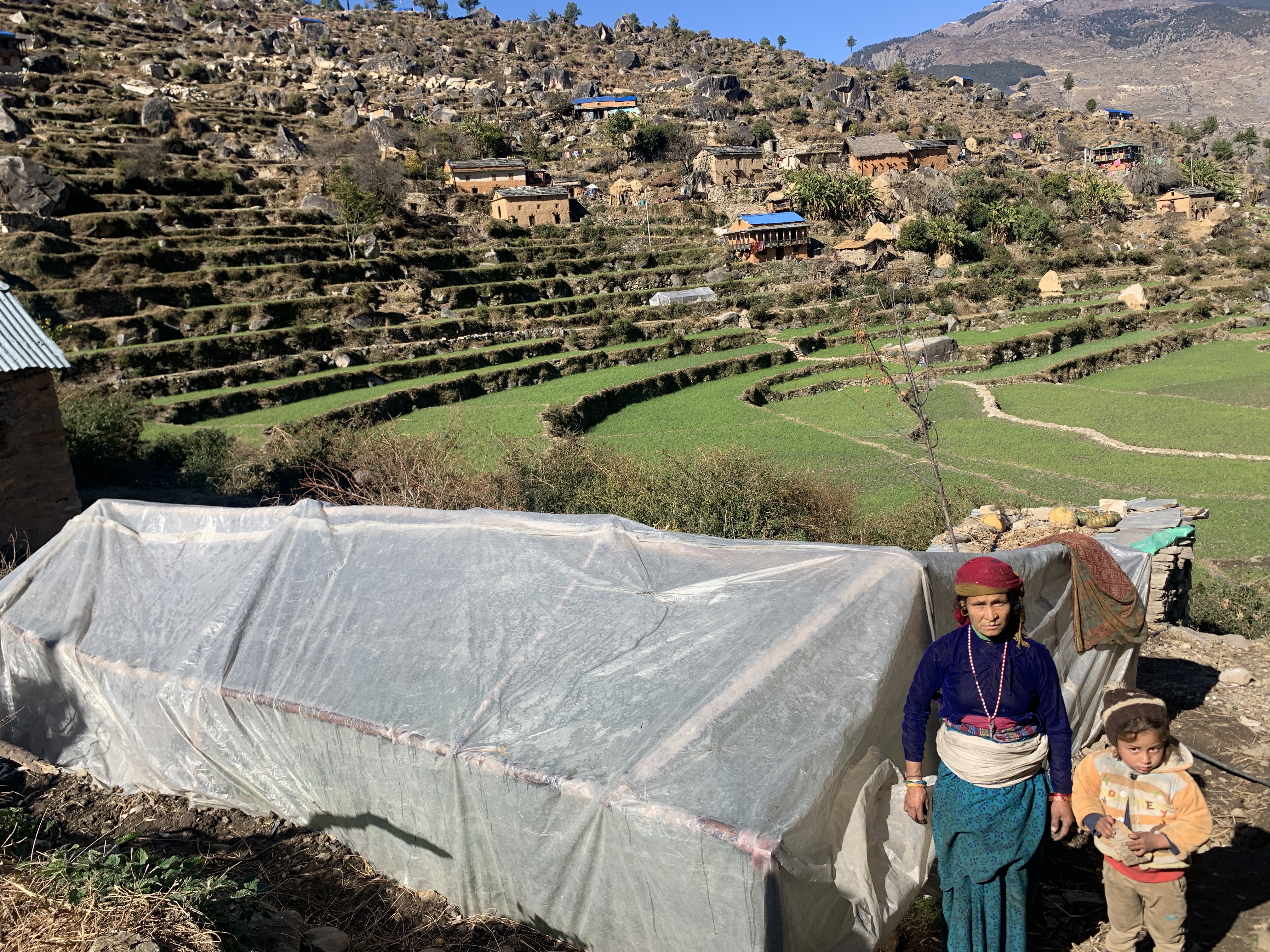
An important part of our sustainable agriculture program is mushroom farming.
Twenty women in western Nepal’s Kalikot district attended a training on mushroom varieties, cultivation, harvesting and marketing. The participants learned how to farm mushrooms including composting, spawning, casing, pinning and cropping.
With the information and resources (substrate, tunnel and mushroom seeds) they received from the training, local women started commercial mushroom farming and entrepreneurship, selling around 5 to 10 kg of nutritious and high-value mushrooms per day in local markets.
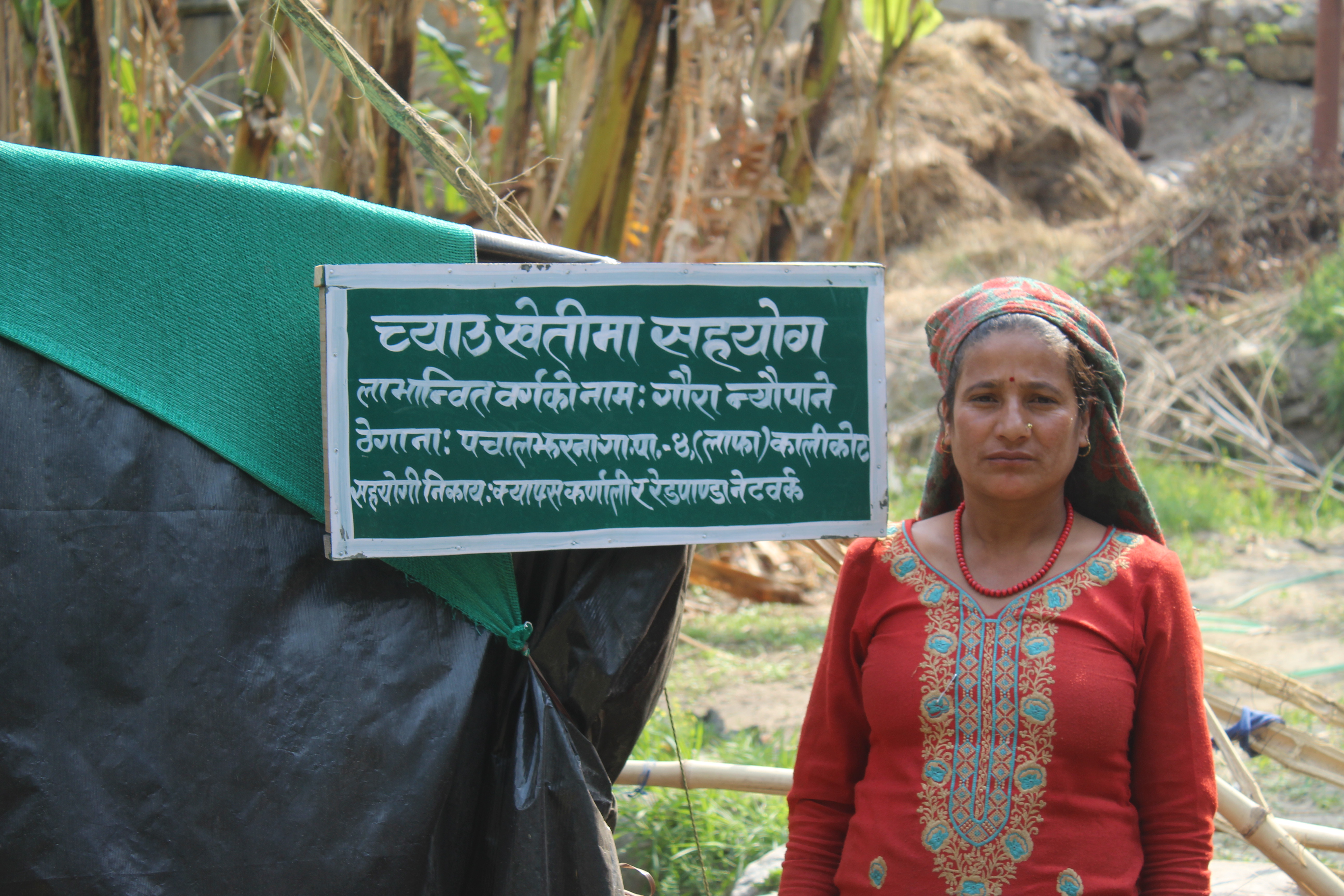
These women are challenging and breaking existing cultural norms to reach economic independence. International Women’s Day allows us to celebrate and share the fortitude and courage of these unsung conservation heroes. We hope it will encourage conversation and open doors for young aspiring girls who believe there are greater opportunities available to themselves.
.jpg)
Bimala Moktan, an FG in eastern Nepal's Panchthar district shares her feelings: "A woman can excel in anything that she desires. She can do as much as a man does, and sometimes even do better. We’re here because of a passion and love we share for red pandas and we’re prepared to take action and urge others to do the same.”
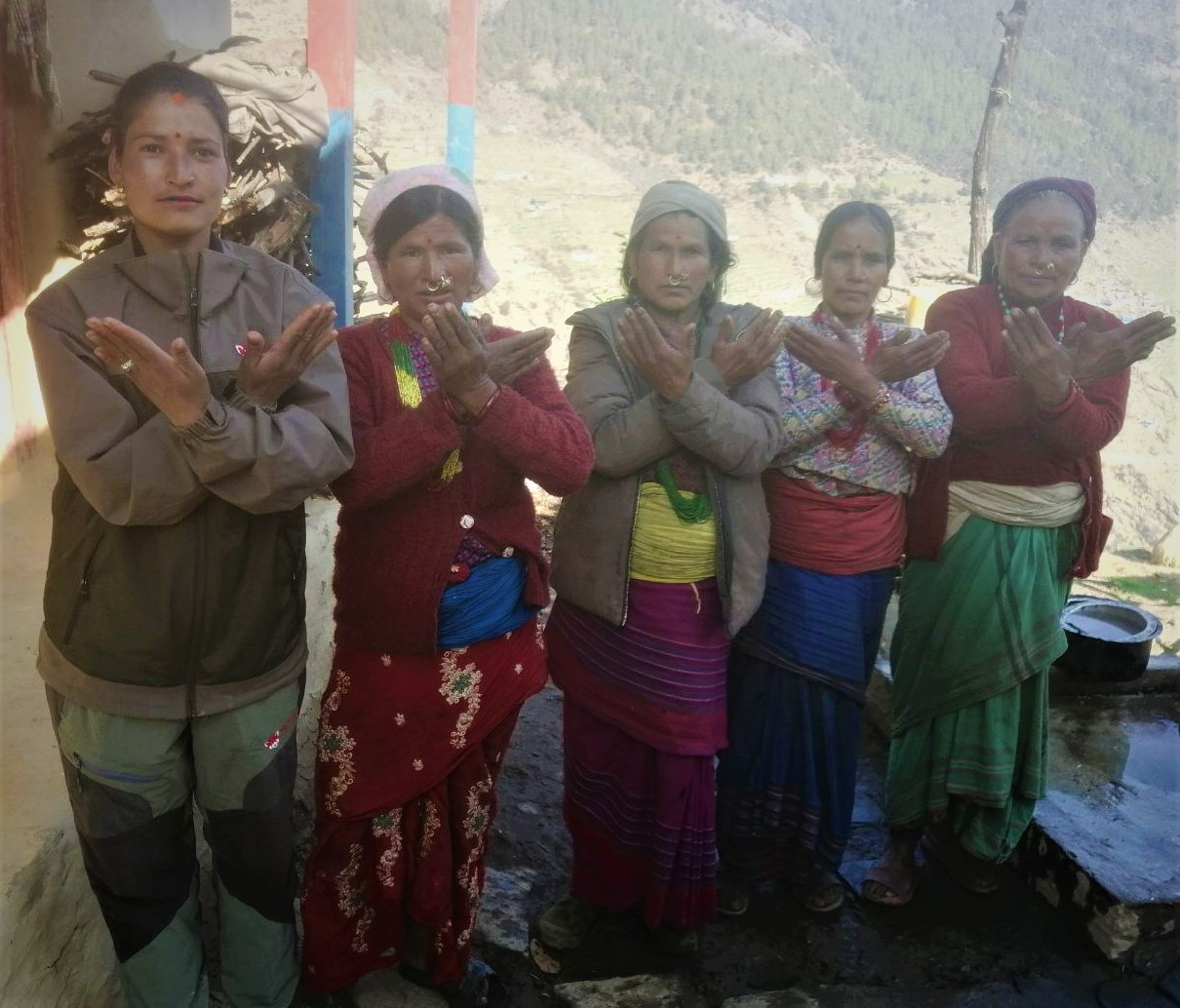
Shanti Malla with other local women who are breaking the bias!
Interested in helping us Break the Bias to forge a better future for women in red panda conservation? Join our incredible team of monthly donors!

